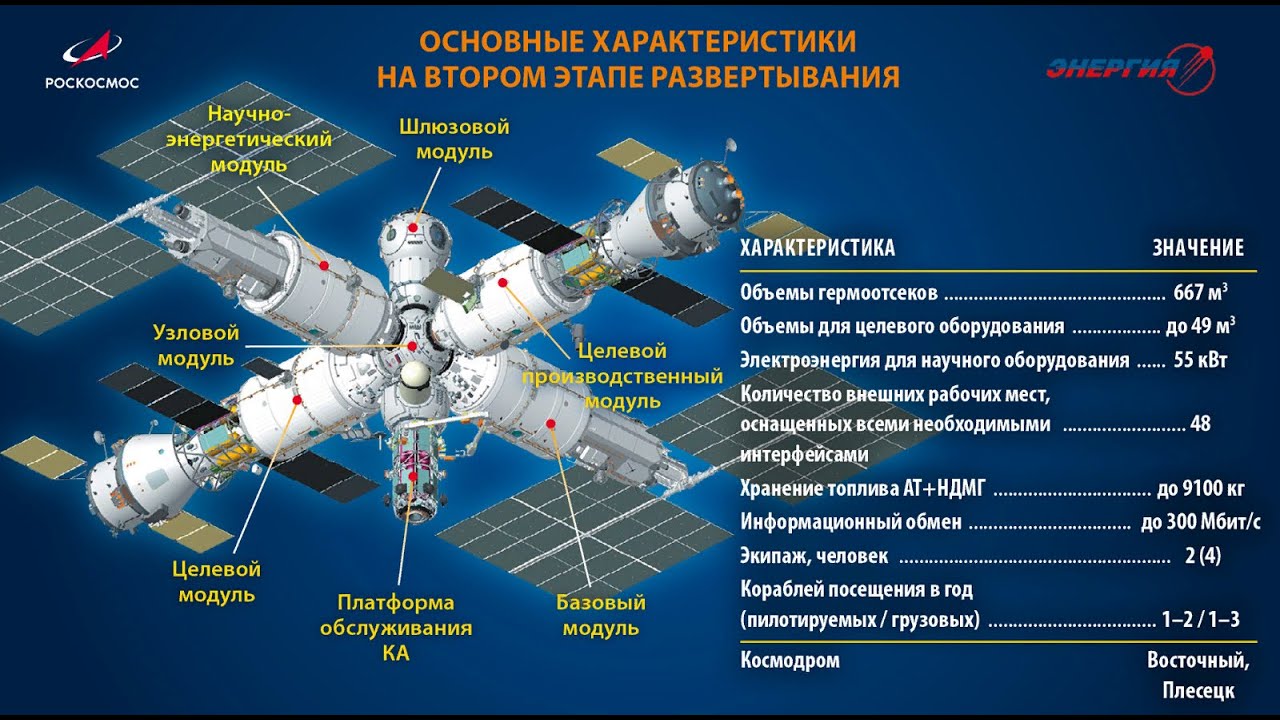
Sergei Krikalev, Deputy Director General of Roscosmos and the Russian President`s Special Representative for International Cooperation in Space, has announced that Roscosmos is actively exploring various orbital options for the prospective Russian Orbital Station (ROS).
During a recent statement, Krikalev confirmed that the space agency is currently engaged in ongoing discussions to determine the most effective strategy for deploying the new station. He emphasized that as of now, no definitive decisions regarding the precise orbital parameters have been finalized.
The Future of Russian Human Spaceflight
The ROS project is a pivotal endeavor for Russia, designed to ensure the continuity of its human spaceflight program following the eventual decommissioning of the International Space Station (ISS). The ambitious timeline envisions the launch of the first ROS module in December 2027. Subsequently, an additional five modules, which include two specialized scientific or operational components, are planned for deployment by 2032.
Transitioning from the International Space Station
The International Space Station, a symbol of global collaboration in space, commenced its on-orbit construction in 1998. It was initially planned for a 15-year operational lifespan. This period was later extended multiple times, first to 2020, and then further to 2024. Currently, the Russian segment of the ISS has received an operational extension until 2028. In line with this, other international partners participating in the ISS project have expressed their intention to continue their involvement until 2030, after which the focus for Russia will fully shift to its independent orbital station.











